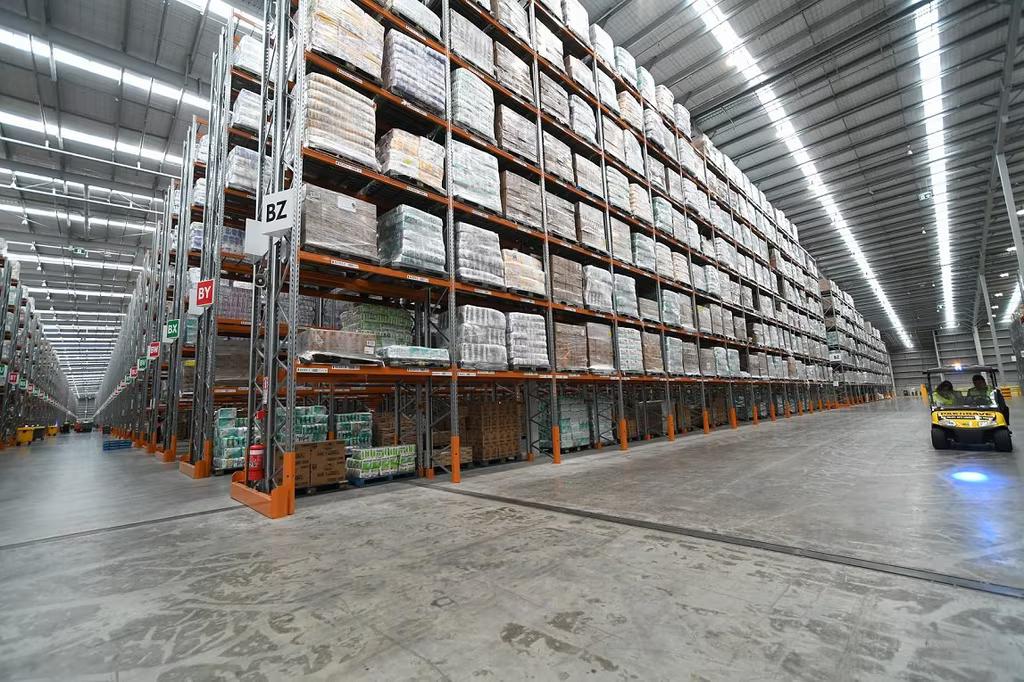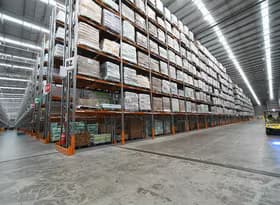
Media Release: Costs from grocery suppliers to supermarkets increase 3.7%pa in February
The annual average increase in the cost of goods suppliers charged supermarkets is now at its slowest since the end of 2021. Costs are still rising – just at a much less intense pace than a year ago. The Infometrics-Foodstuffs New Zealand Grocery Supplier Cost Index (GSCI) shows an average 3.7% increase in what suppliers charged Foodstuffs supermarkets for goods in February 2024 compared to a year ago.
“The February 2024 month still had a considerable boost in supplier cost increases from January, with the largest monthly gain since July 2023,” says Infometrics Chief Executive and Principal Economist Brad Olsen. “However, this monthly gain is still lower than in February 2023, when it was so significant that the annual rate reaccelerated back to 10.4% year-on-year.”
The Infometrics-Foodstuffs New Zealand Grocery Supplier Cost Index (GSCI), commissioned by Foodstuffs New Zealand, measures the change in the list cost of grocery goods charged by suppliers to the Foodstuffs North Island and Foodstuffs South Island co-operatives. The Index utilises detailed Foodstuffs NZ data across over 60,000 products the Foodstuffs co-ops buy to stock in their 500+ stores, making it the largest dataset of its type in New Zealand, to give a real-time view on supplier cost changes.
Every month, the Index tracks what it costs supermarkets to buy the goods to put on the shelf. Previous analysis shows that supplier costs are the major component of supermarket prices, representing two-thirds of the on-shelf price.
“Over 4,800 items increased in cost in February 2024, more than triple the number increasing in cost in February 2021, and the 18th highest monthly total since the start of 2018,” says Mr Olsen. “There is a sustained trend of more individual cost increases continuing to occur.” Cost increases in February 2024 skewed slightly higher than at the same time in 2021, with 6.3% of cost changes being increases of more than 20%, compared to 5.8% of changes being of the same magnitude in 2021.
Almost all departments recorded a monthly rise in supplier costs in February 2024. “Frozen foods increased further, driven by frozen vegetables and frozen fries. Grocery items also saw a larger increase in supplier costs, driven by higher coffee, energy and powdered beverages, and chocolate supplier costs,” says Mr Olsen. “Produce cost increases now have the smallest annual increase of all departments, but only due to the 21%pa increase recorded last February.
“The number of items increasing in cost remains substantially elevated compared to pre-2022 levels, with gains across most departments, and no falls in costs. External data confirms less intense input cost pressures for suppliers than in recent years, which is encouraging. But the February result also reconfirms that the ‘new normal’ for supplier cost rises may be higher than before.”
ENDS
Note:
The Infometrics-Foodstuffs New Zealand Grocery Supplier Cost Index (GSCI), commissioned by Foodstuffs New Zealand, measures the change in the list cost of grocery goods charged by suppliers to the Foodstuffs North and South Island cooperatives.
List cost refers to the cost suppliers charge retailers before trade spend is applied; trade spend being any form of discount provided by a supplier to allow their goods to be discounted.
The Index utilises detailed Foodstuffs NZ data, across over 60,000 products, analysed by independent economics consultancy Infometrics to produce the GSCI and publish it on a monthly basis. For more details see www.infometrics.co.nz/product/grocery-supplier-cost-index.








